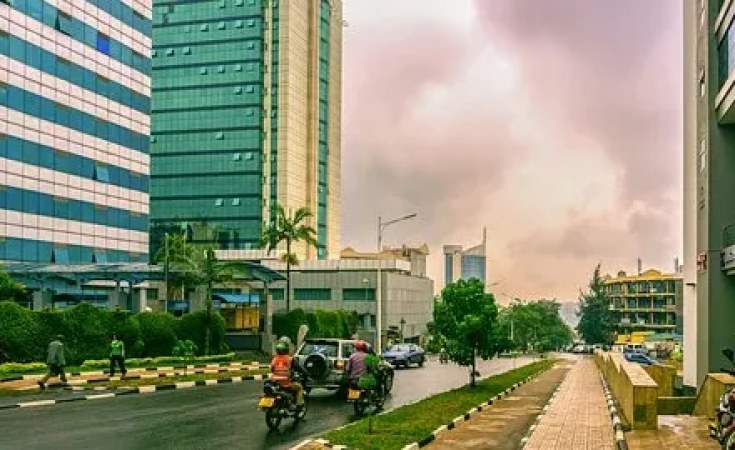The government has confirmed that the United Kingdom sent its first asylum seeker to Rwanda on Monday, April 29 under a new voluntary program inked between both countries.
The voluntary scheme is separate from the ongoing Migration and Economic Development Partnership (MEDP), which the British government said would come into effect in July.
Deputy Government Spokesperson Alain Mukuralinda confirmed the development but could not divulge details by press time.
The agreement, however, is part of an existing UK government policy, where asylum seekers are offered financial assistance to relocate from Britain to their home country, or another third country.
ALSO READ: UK migrants to start coming to Rwanda within 3 months
Media reports in the UK indicate that the British government has also pledged to issue an allowance of up to 3,000 pounds ($3,747.60) for all migrants who choose Rwanda as their third country, as part of the efforts to rebuild their lives.
The voluntary scheme is for those who have gone through the asylum process and had permission rejected, rather than for migrants who have illegally entered Britain by crossing the Channel on small boats.
According to The Sun, the man who arrived in Rwanda is of African origin. He claimed asylum in the UK but was rejected at the end of last year (2023). He then accepted the offer to go to Rwanda.
In a related development the UK House of Lords, last week, passed the migration policy legislation, after which Prime Minister Rishi Sunak said he expected the first Rwanda-bound flights to take off in 10 to 12 weeks.
He thanked the government of Rwanda for the readiness it has showcased in playing a key role in solving the migration crisis by making an effort to implement the UK-Rwanda migration deal.
"Rwanda is ready too and I would like to thank the government of Rwanda for their work in strengthening their asylum system, passing legislation, and setting up a new appeals tribunal," he said.
Rwanda set up an independent committee to audit the implementation of the agreement, in addition to which there will be an appeal institution to which migrants can go in case of anything they deem unfair.
The appeal institution will be headed by a Rwandan judge working together with another counterpart from a commonwealth country. It will also employ more judges from various commonwealth countries, with knowledge on human rights.


